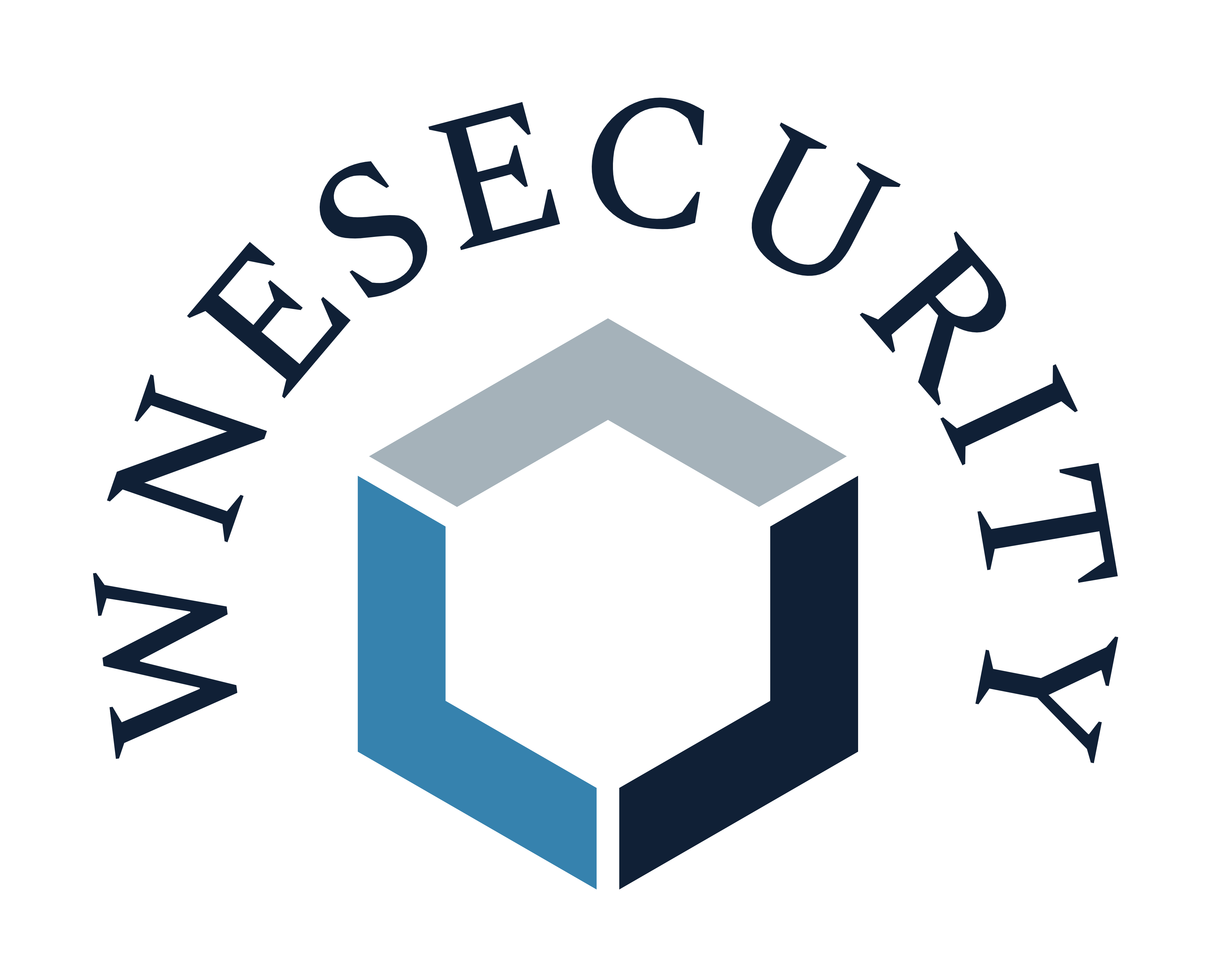WNE Security News
Read more about “CVE-2024-41713 Mitel MiCollab Path Traversal Vulnerability” and the most important cybersecurity news to stay up to date with
CVE-2024-41713 Mitel MiCollab Path Traversal Vulnerability

WNE Security Publisher
1/7/2025
(CVE-2024-41713) Base Score:
Vendors Mitigation Instructions
9.1

Learn about CVE-2024-41713 Mitel MiCollab Path Traversal Vulnerability and other newly exploited vulnerabilities and new best practices by subscribing to our newsletter.
CVE-2024-41713: Path Traversal Vulnerability in Mitel MiCollab
CVE-2024-41713 is a critical path traversal vulnerability discovered in Mitel’s MiCollab software, specifically affecting the NuPoint Unified Messaging (NPM) component. This vulnerability arises from insufficient input validation in file paths, enabling attackers to exploit the software by sending specially crafted requests. This flaw allows unauthenticated attackers to traverse directories and potentially access restricted files, compromising sensitive data or system configurations.
With a CVSS score of 9.8 (Critical), this vulnerability represents a significant risk to organizations using affected versions of Mitel MiCollab, as it can lead to unauthorized access, data corruption, or even system compromise.
What is Vulnerable to CVE-2024-41713?
The following versions of Mitel MiCollab are vulnerable to CVE-2024-41713:
- Mitel MiCollab: Versions up to and including 9.8 SP1 FP2 (9.8.1.201).
The vulnerability resides in the NuPoint Unified Messaging (NPM) component of the MiCollab software. Attackers leveraging this vulnerability do not require prior authentication, making it particularly dangerous for systems exposed to public or untrusted networks.
Key Risk Factors:
- Systems with unpatched MiCollab versions.
- MiCollab servers accessible over public networks without additional security measures.
- Systems where sensitive user or system configuration data is stored in directories that attackers can access via path traversal.
Mitigation and Remediation for CVE-2024-41713
To address CVE-2024-41713, Mitel has provided the following recommendations and updates:
1. Apply the Latest Updates
Mitel has patched this vulnerability in MiCollab version 9.8 SP2 (9.8.2.12). Users should:
- Upgrade their MiCollab software to version 9.8 SP2 or a later version.
- The update files can be downloaded from Mitel’s official support portal.
2. Apply Mitel’s Compatible Patches
For users unable to upgrade to version 9.8 SP2 immediately, Mitel has released patches compatible with MiCollab versions 6.0 and later. Instructions for applying these patches are available in Mitel’s Knowledge Base article SO8219.
3. Restrict Network Access
- Limit access to MiCollab servers by using network-level controls such as firewalls and access control lists (ACLs).
- Ensure only trusted IP ranges can communicate with the MiCollab application.
4. Monitor System Activity
- Enable logging and monitor server activity for unusual requests, especially those attempting to access unauthorized files.
- Implement intrusion detection/prevention systems (IDS/IPS) to block suspicious activity.
5. Use Temporary Workarounds
Until updates are applied, administrators can limit the risk by ensuring critical directories are inaccessible or implementing additional layers of access control.
Impact of Successful Exploitation of CVE-2024-41713
If exploited, CVE-2024-41713 can have severe consequences, including:
1. Unauthorized Data Access
Attackers can exploit the path traversal vulnerability to access files and directories outside the intended scope of the application. This may include:
- Viewing sensitive user data.
- Extracting system configuration files that could aid in further attacks.
2. Data Corruption or Deletion
Although the vulnerability primarily facilitates data access, attackers could potentially leverage it to manipulate or delete critical files, disrupting operations.
3. System Compromise
Access to configuration files or system-level information could enable attackers to gain further control over the system, escalate privileges, or execute additional attacks within the organization’s network.
4. Regulatory Non-Compliance
Unauthorized access to sensitive data may lead to violations of data protection regulations like GDPR, HIPAA, or PCI DSS, resulting in financial and reputational damage.
Proof of Concept for CVE-2024-41713
A proof-of-concept (PoC) exploit for CVE-2024-41713 has been publicly released, further underscoring the urgency of addressing this vulnerability. The PoC demonstrates how attackers can craft malicious requests to exploit the insufficient input validation in file paths.
Exploit Workflow Overview:
- The attacker sends a specially crafted HTTP request to the MiCollab server containing malicious path traversal sequences (e.g.,
../../../). - The NuPoint Unified Messaging (NPM) component processes the request, failing to sanitize the input properly.
- The attacker gains unauthorized access to restricted files or directories.
While the PoC is intended for research and ethical testing purposes, it serves as a warning that malicious actors may use similar techniques to target vulnerable systems.
CVE-2024-41713 represents a critical threat to organizations using vulnerable versions of Mitel MiCollab. The combination of unauthenticated access, the ability to traverse directories, and the potential for data compromise makes this vulnerability a top priority for immediate mitigation.
To protect against this threat, organizations should:
- Apply Mitel’s latest patches or upgrade to version 9.8 SP2.
- Restrict server access and implement strong network-level controls.
- Monitor and log server activity to detect potential exploitation attempts.
By taking these steps, organizations can mitigate the risks associated with CVE-2024-41713 and secure their MiCollab environments against unauthorized access.
At WNE Security, we specialize in vulnerability management and enterprise security. If you need assistance with patching or securing your MiCollab systems, contact us today to ensure your business remains protected. Together, we can safeguard your operations from evolving threats.
Learn more about WNE Security products and services that can help keep you cyber safe.
Learn about CVE-2024-41713 Mitel MiCollab Path Traversal Vulnerability and other vulnerabilities and best practices by subscribing to our newsletter.
Subscribe to WNE Security’s newsletter for the latest cybersecurity best practices, 0-days, and breaking news. Or learn more about “CVE-2024-41713 Mitel MiCollab Path Traversal Vulnerability” by clicking the links below



